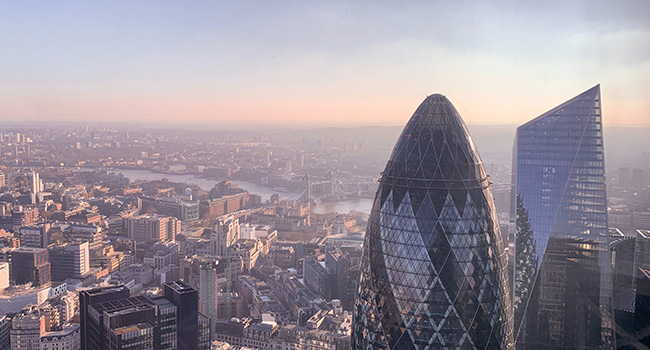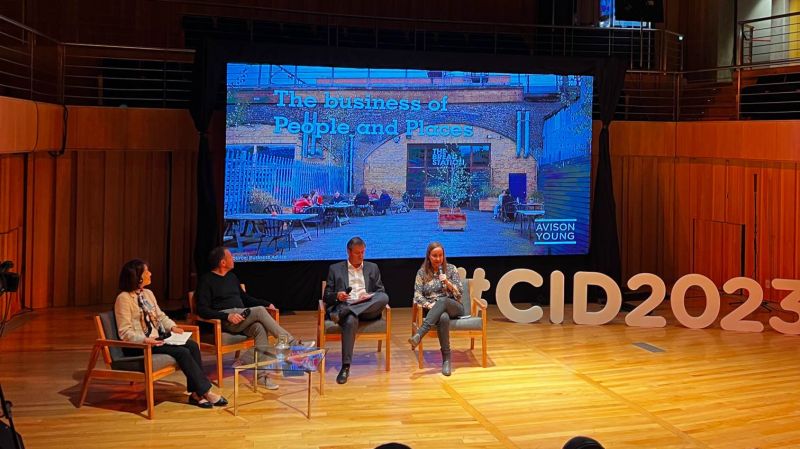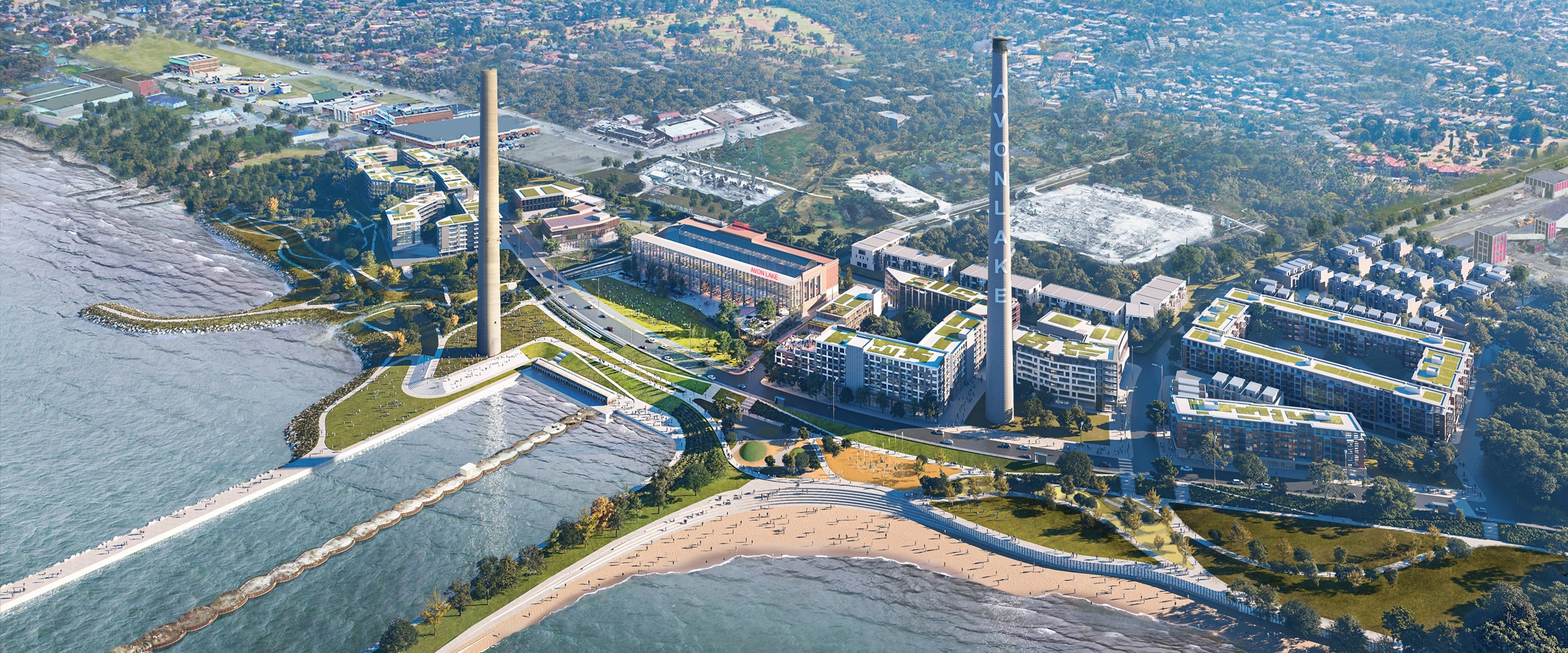
Creating vibrant cities and places that support social, economic, and environmental value.
Avison Young and the WEF community explore the opportunities and priorities influencing commercial real estate, productive workplaces, and prosperous communities.
Founding Steering Committee member for the 2023 WEF Baukultur Alliance
2024 Social Value Task Force led by Avison Young WEF Fellows
Adoption of the WEF 10 Green Building Principles and 2040 Net Zero target








